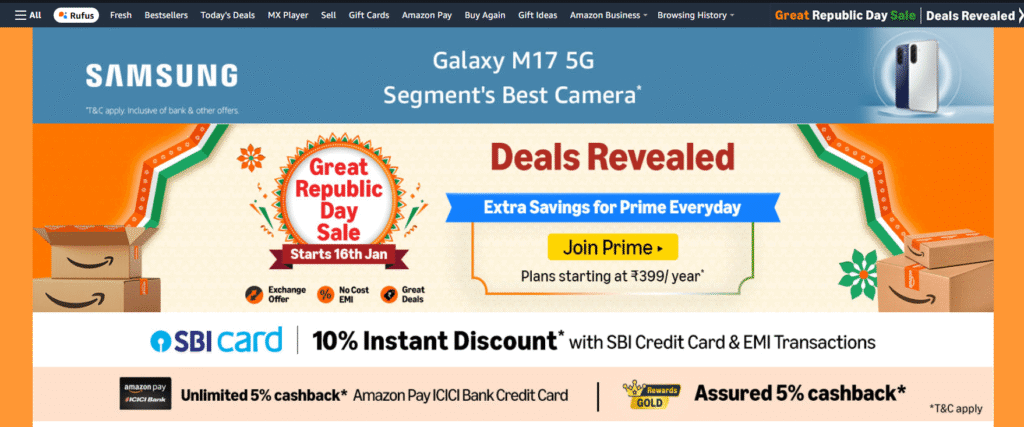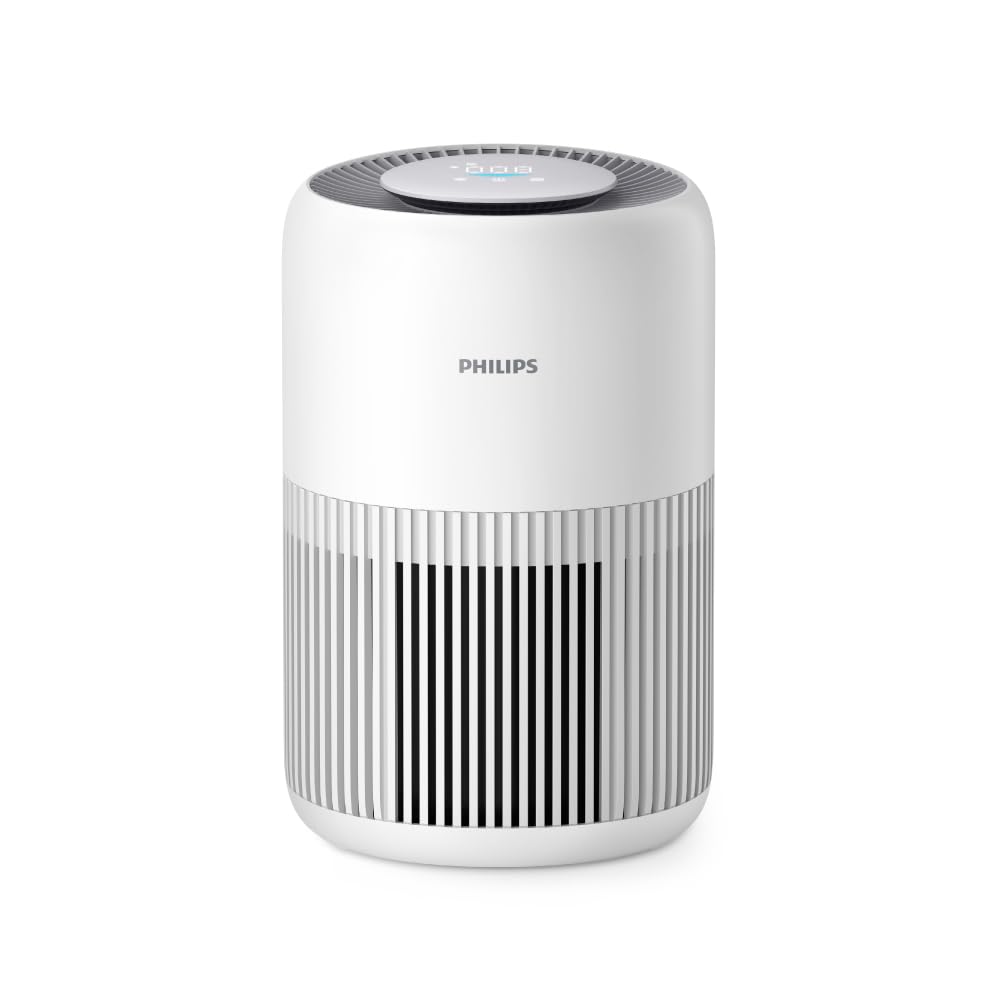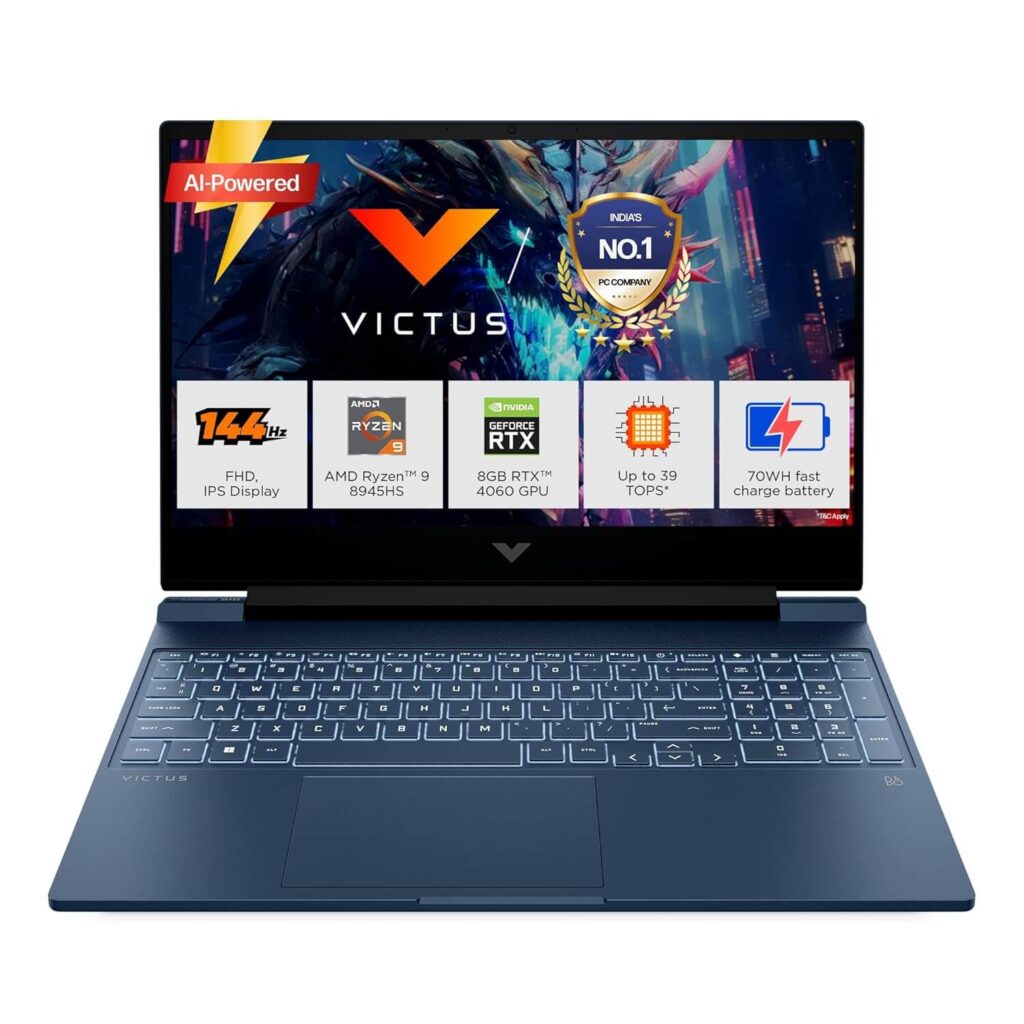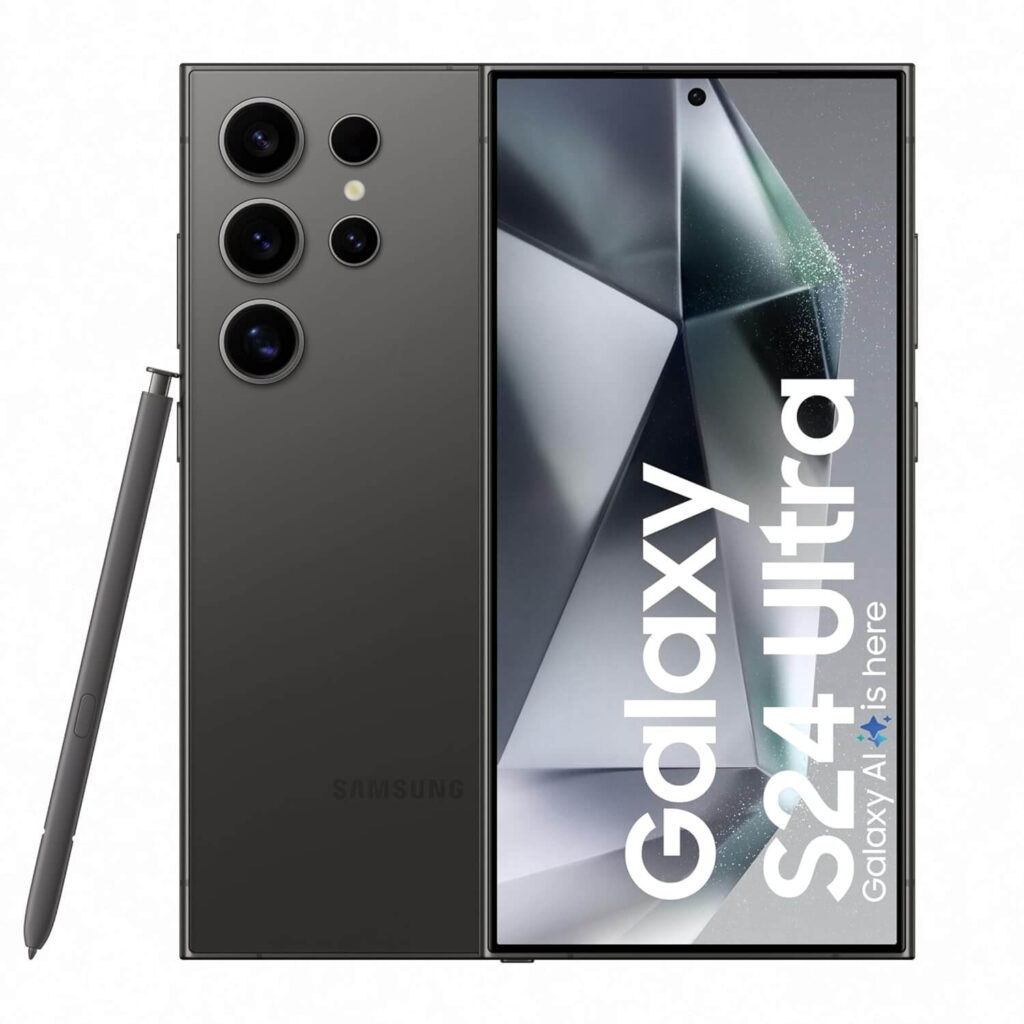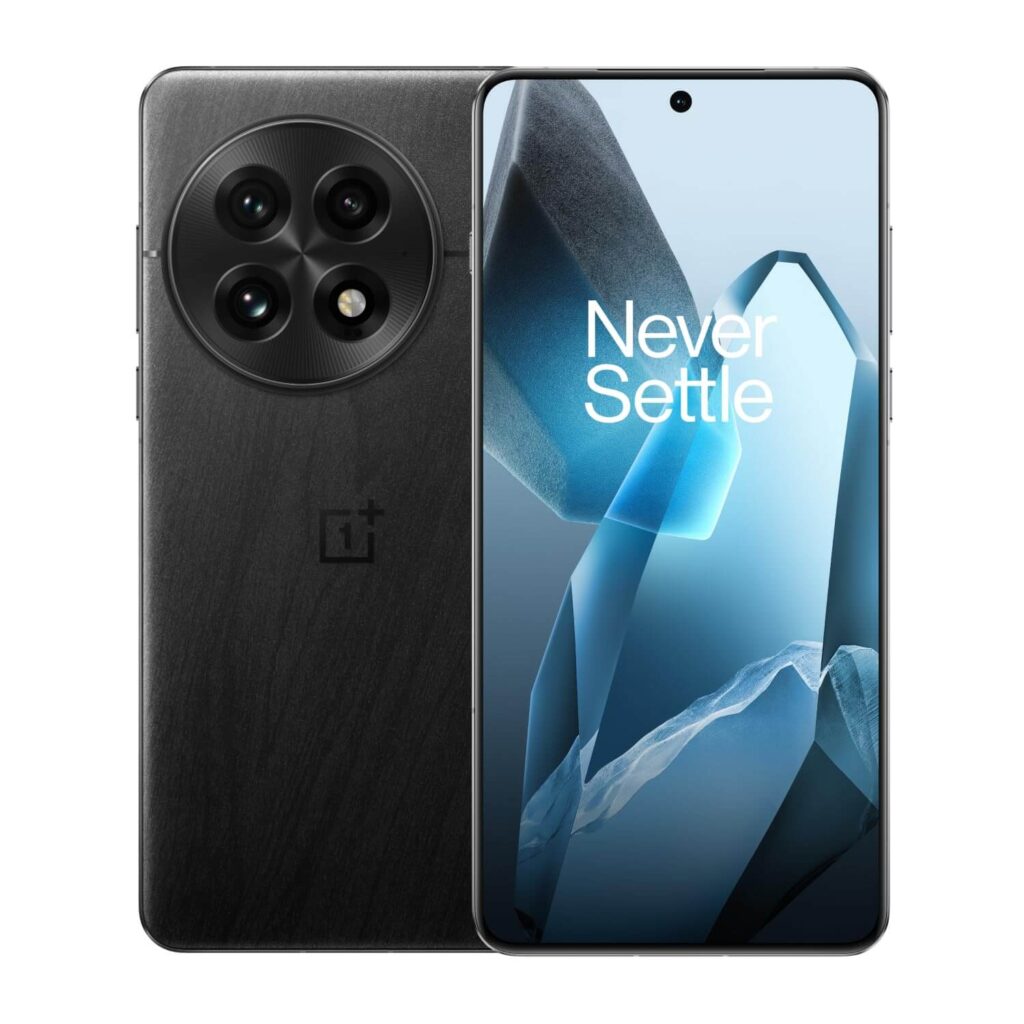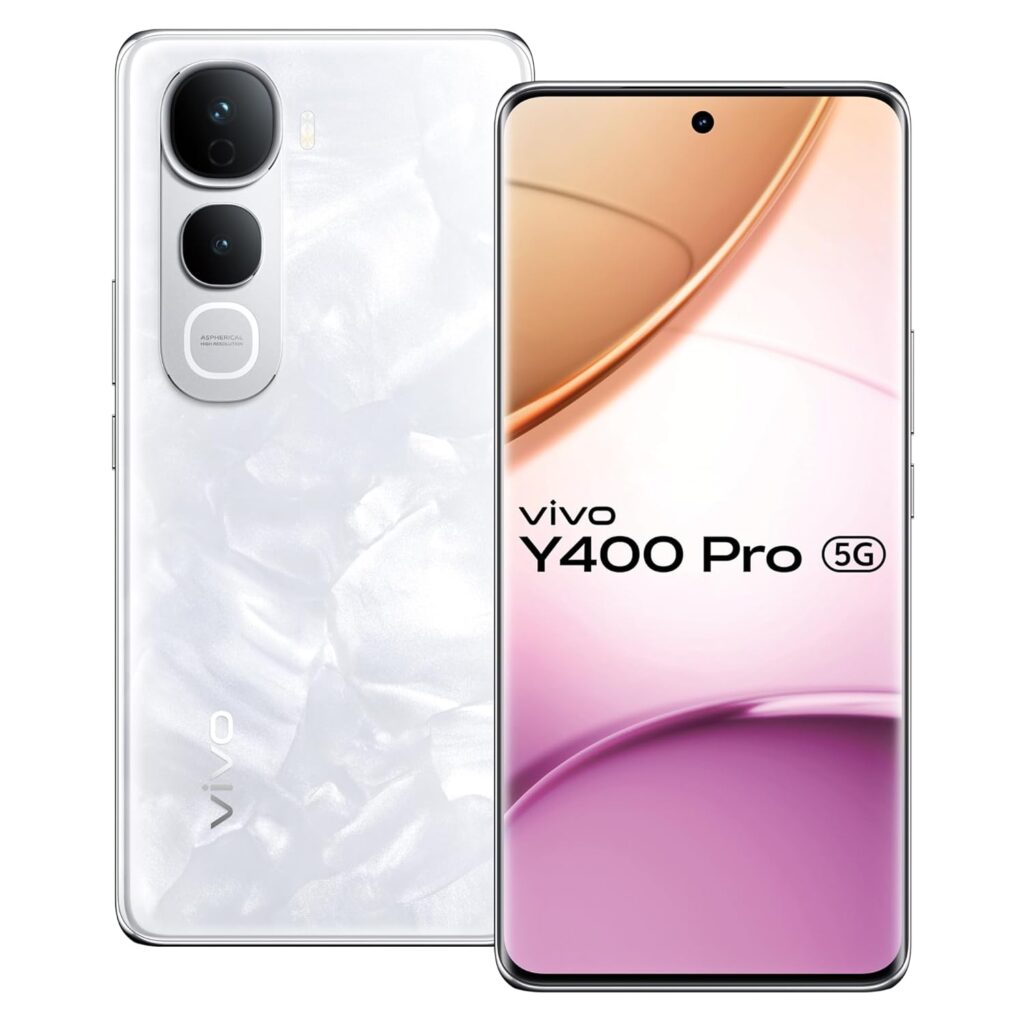Costco is a retail giant that needs little introduction for most American shoppers. But what exactly is Costco, beyond its massive warehouses and famous food court hot dogs? It’s a membership-only warehouse club that offers a unique shopping experience built on one core principle: volume and value. By selling goods in bulk at deeply discounted prices, Costco provides an unparalleled value proposition to its members, who pay an annual fee for the privilege.
This model has made it a retail powerhouse and a go-to destination for everything from groceries and electronics to home goods and, importantly for this discussion, ready-to-eat prepared foods.
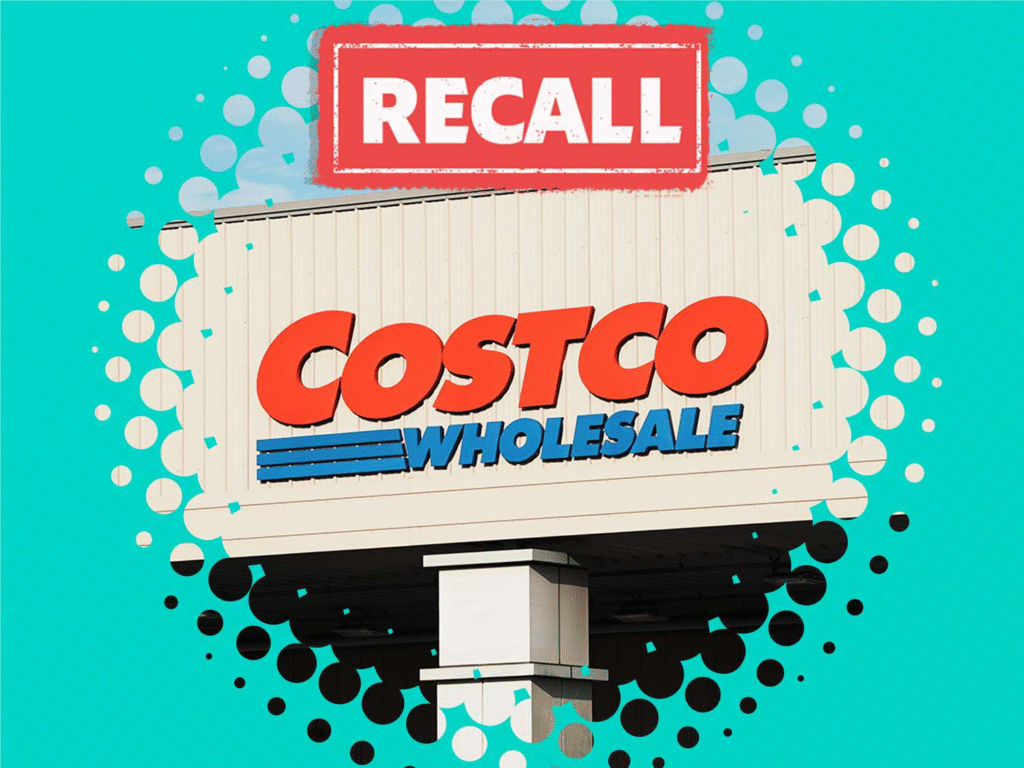
The convenience of Costco’s ready-to-eat items is a major draw for busy families and individuals. Think of the rotisserie chicken, pre-made salads, and of course, the ever-popular Ahi Tuna Wasabi Poke. These products offer a quick and delicious solution to dinner dilemmas. However, convenience can sometimes come with a hidden risk.
This is precisely what happened with a recent Costco ready-to-eat item recall over a potentially dangerous health risk, prompting a serious conversation about food safety, even from the most trusted retailers.
What is Costco? A Business Model Built on Membership and Trust
At its core, Costco is a master of the “treasure hunt” shopping experience. While its shelves are stocked with everyday essentials, the real excitement comes from the constantly changing assortment of unique and high-end products at surprisingly low prices. But the true genius of their business model lies in the membership fee.
Also Read: Nicolás González: The Argentine Star’s Footballer
According to a report from Investopedia, membership fees account for a significant portion of Costco’s profits, representing over 70% of its net operating income in recent fiscal years. This revenue stream allows the company to operate on extremely thin margins for its merchandise, passing the savings directly to the consumer. This creates a virtuous cycle:
- Members pay a fee for exclusive access.
- Costco uses the fee to keep prices low.
- Low prices and unique products drive more people to become members.
- More members mean more revenue, allowing Costco to negotiate even better deals with suppliers.
This model, combined with their renowned customer service and generous return policy, builds a strong foundation of trust with its members. However, as with any large-scale food operation, the threat of a product recall is always a possibility, and maintaining that trust is paramount.
The Recent Recall: Why a Costco Ready-to-Eat Item Was Recalled
The recent recall of a popular ready-to-eat item at Costco has been a major news story, serving as a powerful reminder that even the most rigorous food safety protocols can be vulnerable. The item in question, Kirkland Signature brand Ahi Tuna Wasabi Poke, was recalled due to a potential contamination with Listeria monocytogenes.
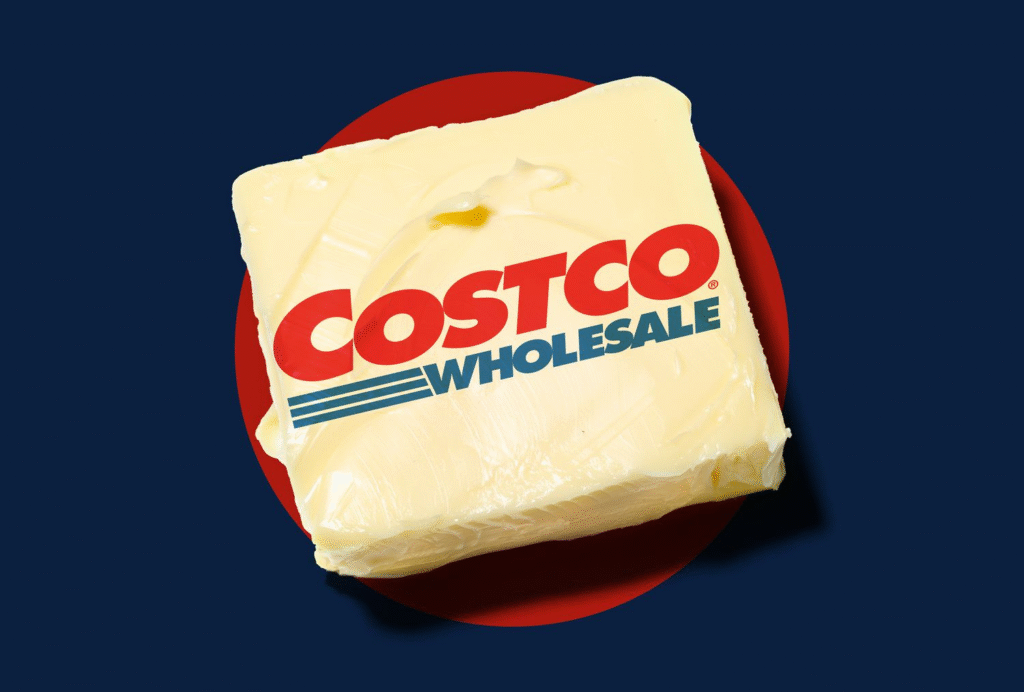
Why is Listeria so dangerous?
- Serious Health Risks: Listeria is a bacteria that can cause listeriosis, a serious and sometimes fatal infection. While healthy individuals may only experience mild symptoms like fever, muscle aches, nausea, or diarrhea, the risk is much greater for vulnerable populations.
- High-Risk Groups: Pregnant women, newborns, the elderly, and those with weakened immune systems are particularly susceptible to severe illness. For pregnant women, listeriosis can lead to miscarriage, stillbirth, or life-threatening infections for the newborn.
- Cold-Temperature Survival: Unlike many other bacteria, Listeria can survive and even multiply in cold temperatures, making refrigerated ready-to-eat foods a potential breeding ground if not handled properly.
The recall was initiated after the green onions used in the poke product tested positive for the bacteria. It’s a classic case of a food safety issue originating further up the supply chain. The supplier, not Costco directly, was responsible for the contaminated ingredient.

This highlights the complex and interconnected nature of the modern food industry, where one small issue can ripple through the entire system.
What Happened and How Costco Responded
The recall of the Ahi Tuna Wasabi Poke (Item #17193) was swift and decisive. Upon being notified by their green onion supplier of a positive Listeria test, the distributor, Western United Fish Company, and Costco immediately took action.

- Stop-Sale Order: The affected product was immediately pulled from shelves across all warehouses.
- Member Notification: Costco’s membership model allows for direct, targeted communication. Members who purchased the recalled item were sent a letter or email advising them to dispose of the product immediately and offering a full refund.
- Public Notice: The company also posted a recall notice on its website and through the FDA’s safety alerts, ensuring the public was well-informed.
This rapid response is a crucial component of modern food safety management. It shows that while recalls can happen, a company’s handling of the situation is what truly defines its commitment to consumer safety. The FDA has a dedicated page for public alerts and recalls, which is an excellent resource for staying informed.
Safeguarding Your Kitchen: What to Do and How to Stay Safe
For consumers, a food recall can be unsettling. But there are proactive steps you can take to ensure your safety and that of your family.
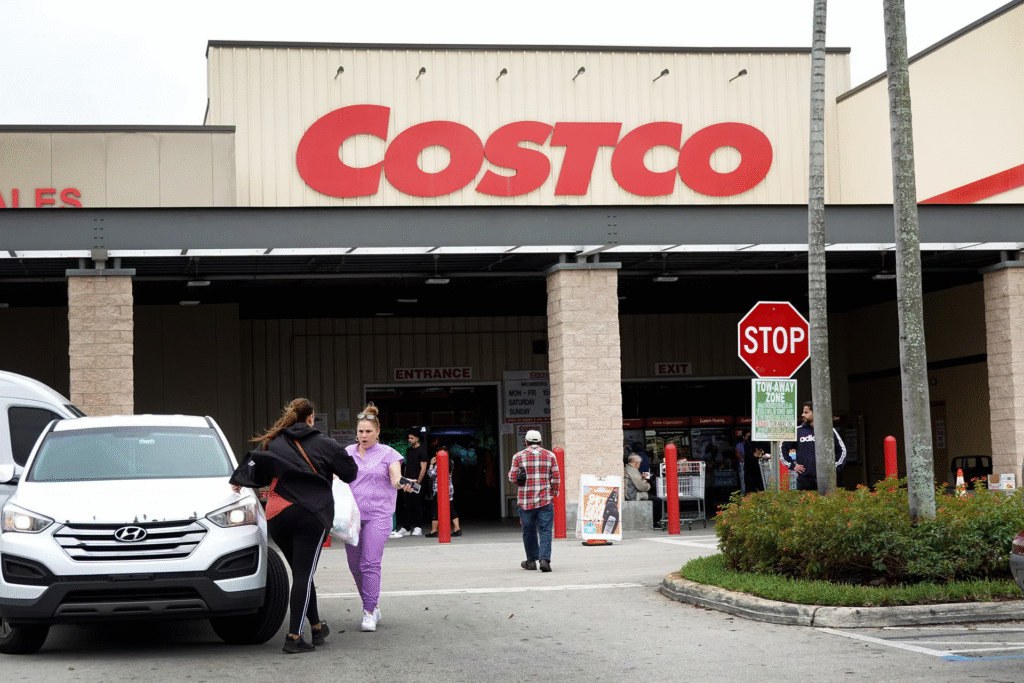
- Check Recall Notices: Always check the FDA and USDA websites for current recall information. Costco also maintains a list of product recalls on its official website.
- Know the Product: When a recall is announced, check the item number, packaging, and “sell by” date to confirm if your product is affected.
- Don’t Taste, Don’t Risk It: If you have an item that has been recalled, do not consume it. Dispose of it properly and return to the store for a refund.
- Practice Good Food Hygiene: Even outside of a recall, it’s vital to practice safe food handling. Wash your hands, utensils, and surfaces often. Separate raw meats from ready-to-eat foods. And make sure to cook foods to the proper temperature.
Beyond the Price Tag
The recent Costco ready-to-eat item recall over a potentially dangerous health risk is a powerful case study in corporate responsibility and food safety. It shows that even a company with a strong reputation for quality and value is not immune to the challenges of a complex global food supply chain. While the incident is concerning, Costco’s swift and transparent response to the recall reinforces the trust that its members have placed in the brand.
It serves as a vital reminder for all of us that the best value isn’t just about a low price—it’s also about a company’s unwavering commitment to the health and well-being of its customers.
